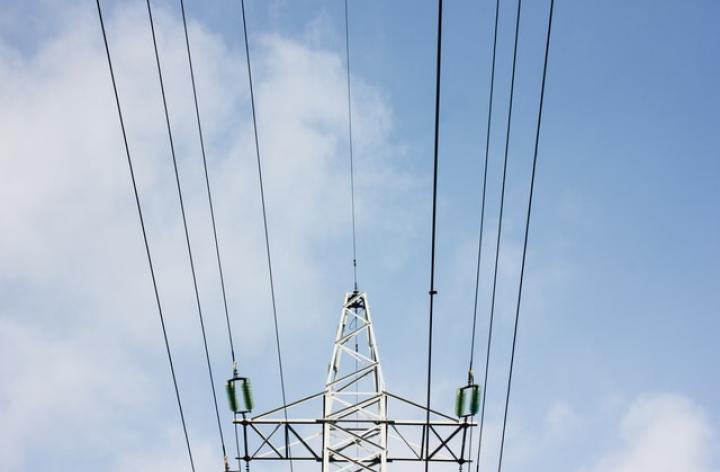
In my particular area of telecoms, landowners are asked by utility providers, who provide power to mast sites, to sign the "wayleave" for the necessary cabling.
Years ago this term was seldom used and my legal education warned about the strict requirements which had to be satisfied in order for a valid "servitude" right to be created. So where have wayleaves come from and when are they used instead of a servitude?
Servitudes
Certain requirements apply to the creation and use of servitudes. Essentially a servitude is a real right which attaches to land independently of ownership and is greater than a personal right. Some of the key identifiers and conditions relating to servitudes are as follows:
- A servitude can only be created over one property in favour of another property owned by a different person.
- A servitude right is annexed to the "dominant" (or benefited) property and can only be communicated to a person connected to that benefited property.
- A servitude right exists for the benefit of the benefited property - it cannot be used for other neighbouring property that happens also to be owned by the owner of the benefited property, nor can it be used for commercial profit.
- The owner of the servient tenement (or burdened property, over which the servitude is exercised) does not need to take any active steps to facilitate exercise of the servitude (e.g. does not require to repair a road over which access is taken).
- The owner of the benefited property has to exercise the right in a way that is least burdensome to the use of the burdened property.
- The burden on the servient tenement cannot be increased beyond the extent originally granted. For example, a servitude right of access cannot be used to service a type of development on the benefited property that had not been envisaged at the time that the right was granted - if that would result in much more traffic using the route.
Servitudes don't always work for utility supplies
Due to the constraints relating to the creation of a servitude, this type of right cannot be adapted to suit all situations.
As mentioned earlier, one of the key requirements for the creation of a servitude is that the person seeking to acquire the right needs to own a piece of land to comprise the benefited property. This can cause problems where the right is needed by a service or utility provider - who wants to lay cables over, under or through ground owned by someone else. The service provider will often not own any of the surrounding land area which could be treated as the benefited property for the servitude right.
In addition, the creation of a servitude requires the co-operation of the owner of the land to be burdened by it - what if that owner won't agree?
And so was born the wayleave.
What is a wayleave?
The word wayleave is not in fact a recognised legal term in Scots law (nor indeed in English law). It has however become a common expression and has been described as a "permission to pass over [land or buildings] for a particular purpose subsidiary to the other uses of the property".
Generally wayleaves are a statutory creation and their origins can be traced back as far as 1400's but more specifically wayleaves came to the fore in connection with the expansion of the railways. Now a wayleave is recognised as a standard term where public bodies, authorities and utility providers require rights in order to provide their services to the public.
It is clearly in the public interest that providers of gas, electricity, water and telecoms services to consumers are able to install their infrastructure, where required, over private land. This is why such providers were given statutory powers which include the use of wayleaves. The powers can be roughly compared to powers of compulsory purchase.
Difference between a servitude and a wayleave
Unlike a servitude, a wayleave does not have to comply with any strict rules of creation but will still be binding for a specified period and against successors in title rather than being personal to the grantor.
Wayleaves therefore provide rights similar to a servitude without the need for a benefited property to be specified.
Use of statutory powers
Initially the rights were given to public bodies in terms of appropriate legislation (such as the Electricity Act and the Telecommunications Act), but over the years, with privatisation of the utilities, it is now private companies who benefit from the rights - still in the name of public interest.
In many cases the wayleave will be acquired by way of agreement between the parties rather than by compulsion. However, as a result of the statutory background, the utility provider has the benefit of the statutory power behind the agreement, and this is considered essential to ensure that the land owner enters into the wayleave when asked. This provides the security that the statutory undertaker requires. A working example of this is "Code Powers" upon which telecoms providers can rely in the face of any owner objection to the installation of telecommunications equipment on third party land.
Wayleaves are essential to the supply of services
The demand for utilities - our reliance on electricity, gas and now above all communications - means that wayleaves are necessary to enable the utility providers to build the infrastructure required.
There is no doubt that wayleaves are essential for every day living. It is highly likely that there are thousands (perhaps millions) of wayleaves in existence to support the network of electricity cables, water pipes etc which cover the UK. A wayleave is a more than useful tool to meet the demands of such infrastructure in a way that servitudes cannot oblige.


